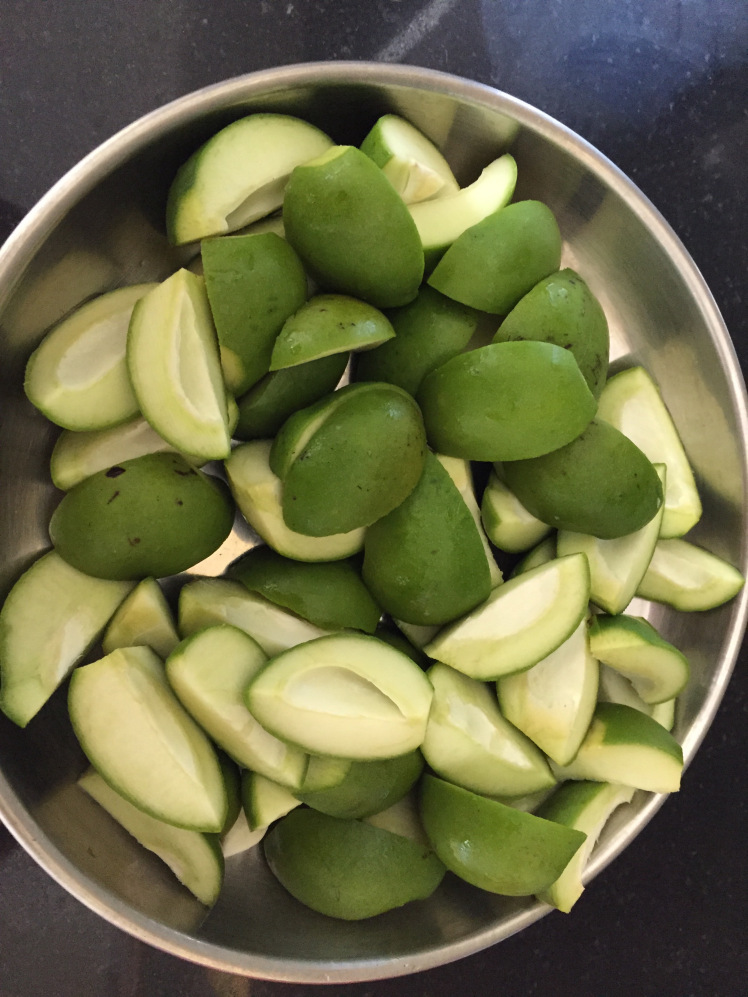Nattrinai – 172
(Her friend telling him to formalize the relationship instead of simply meeting secretively)
While playing with friends,
We planted a laurel tree seed
In fine white sand
And forgot about it;
But it sprouted forth
And we nourished it
With butter and milk
Till it grew up to be a fine tree;
And our mom would praise it saying
“Your sister is far better than you”;
So my friend feels shy
To meet with you under this tree;
O’ lord of the shore
That is filled with white conches
That sound like the music of bards!
There are other places that provide shade
Where you can be one with her!
விளையாடு ஆயமொடு வெண் மணல் அழுத்தி,
மறந்தனம் துறந்த காழ் முளை அகைய
நெய் பெய் தீம் பால் பெய்து இனிது வளர்ப்ப
நும்மினும் சிறந்தது நுவ்வை ஆகும் என்று
அன்னை கூறினள் புன்னையது நலனே
அம்ம நாணுதும், நும்மொடு நகையே,
விருந்தின் பாணர் விளர் இசை கடுப்ப
வலம்புரி வான் கோடு நரலும் இலங்கு நீர்த்
துறை கெழு கொண்க! நீ நல்கின்,
நிறைபடு நீழல் பிறவுமார் உளவே.
He is asking her friend to arrange for a meeting under the laurel tree near their hamlet. Her friend wants to tell him that it is better for him to formalize their relationship instead of meeting secretively outside the village. So she tells him “My lord! That laurel tree is like a sister to us. While playing together as children we had dropped a seed in the sand and forgot about it. But it sprouted up on its own. We felt kinship towards it and nourished it with butter and milk. Our mom too mocks us saying ‘Look at your sister. She is far better than you’. So my friend feels shy to meet you under the gaze of the laurel tree that is like our sister. Your shores are filled with conches that sound like the music of bards My lord. There are other places that provide shade where you can meet her”
She implies that you better formalize your relationship and take her to your house instead of meeting secretively. Conch is sounded on wedding day as an auspicious sound.

